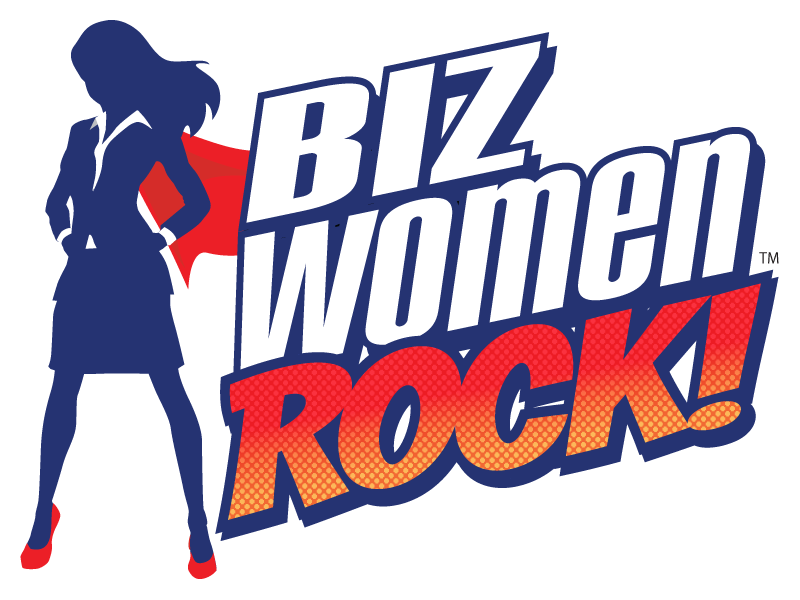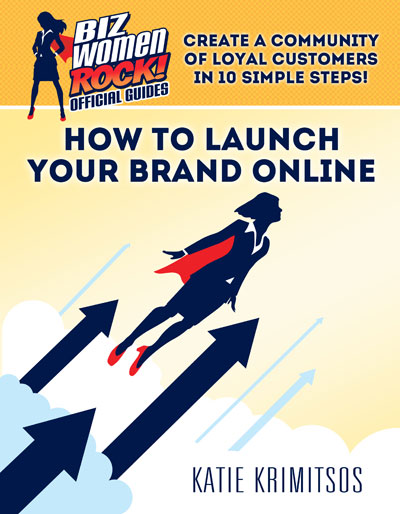Written by: Advance Systems
The days of the tech industry being dominated by young, nerdy, smart but socially awkward males may still exist in TV programs like “The Big Bang Theory” and “Silicon Valley”, but in reality, it’s a thing of the past. Today, you are just as likely to find a startup run by an intelligent, confident woman as you are a Sheldon Cooper type.
In fact, women have made greater strides in the tech industry than most other mainstream businesses. That could be because tech tends to reward practical results rather than relying upon an old boy’s network built on family ties and alumni lists. Tech also has more behind the scenes workers than most other industries with more employees laboring in think tanks and tech incubators and fewer people glued to handling customers on sales floors or meeting new clients over golf or cocktails.
Women are succeeding in all areas of tech, from leadership roles to code-writing and software development to human resources and finance.
While challenges still exist for women in tech as they do in any industry – pay equality, being taken as seriously as men, and outright sexism – these are hopefully slowly fading into the past. The latest generation of female tech graduates can expect to see a job market with more opportunities and more examples of successful female tech entrepreneurs than ever before.
Here, then, are some of the most shining examples of how women have been able to overcome the inherent challenges in the tech industry to build both their reputations and the success of their startups.
Julia Hartz, Co-Founder of Eventbrite
When Julie Hartz co-founded Eventbrite, her goal was to “democratize” the event ticketing industry. She saw an industry where the biggest events – professional sports games, big-name concerts, the hottest Broadway shows, and so on – got all of the attention while the organizers of smaller, more regional events were left to figure things out on their own.
Where the big players in event ticketing saw small-scale events that weren’t worth their time and effort, Hartz saw opportunity. So she founded her event ticketing service on the notion that no event was too small to make it onto her website.
She also created one other important difference between her company and all the others: People shouldn’t have to pay to use the service if their event is free.
Event organizers can use the site to plan, promote and sell tickets and even publish them directly on Facebook, Twitter, and other popular social networking platforms directly from the Eventbrite website. The company makes money by charging organizers a fee of 2.5% of the ticket price plus $.99 per ticket sold, except for tickets for free events.
This “big tent” policy opened the doors to all users, no matter how small. It also helped push Eventbrite to the top of the list of event ticketing websites, maximizing the company’s growth and pushing its reputation to global proportions.
Rashmi Sinha, Founder of SlideShare
Born in Lucknow, India, Rashmi Sinha didn’t fit anybody’s idea of a tech mogul. But while studying for a PhD in cognitive neuropsychology at Brown University, Rashmi took courses in human-computer interaction, eventually transferring to the University of California at Berkeley to focus on this subject.




